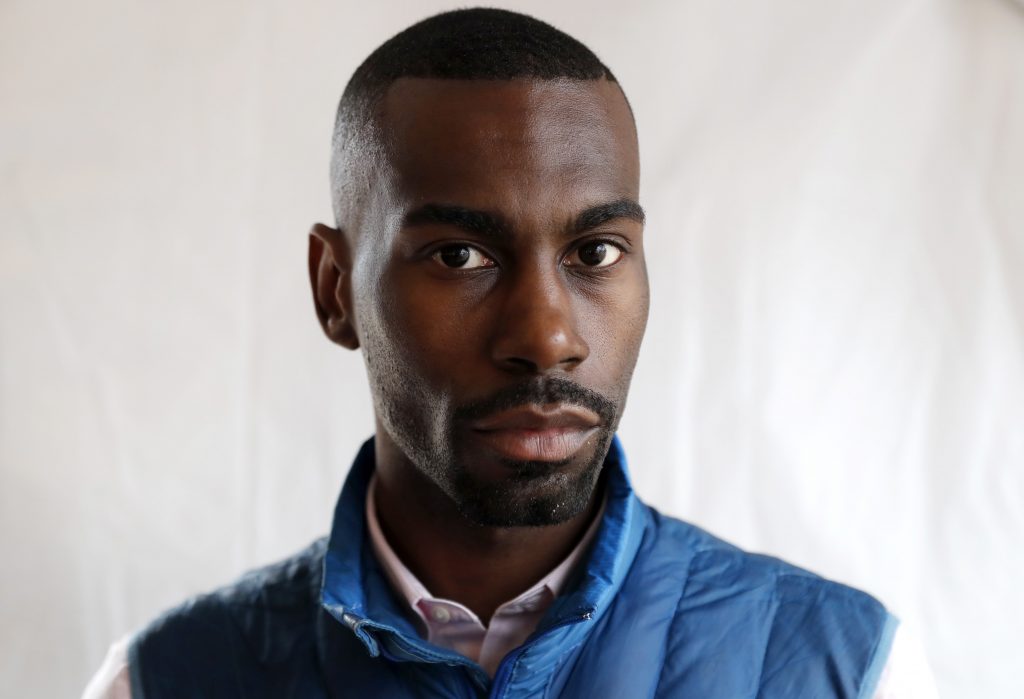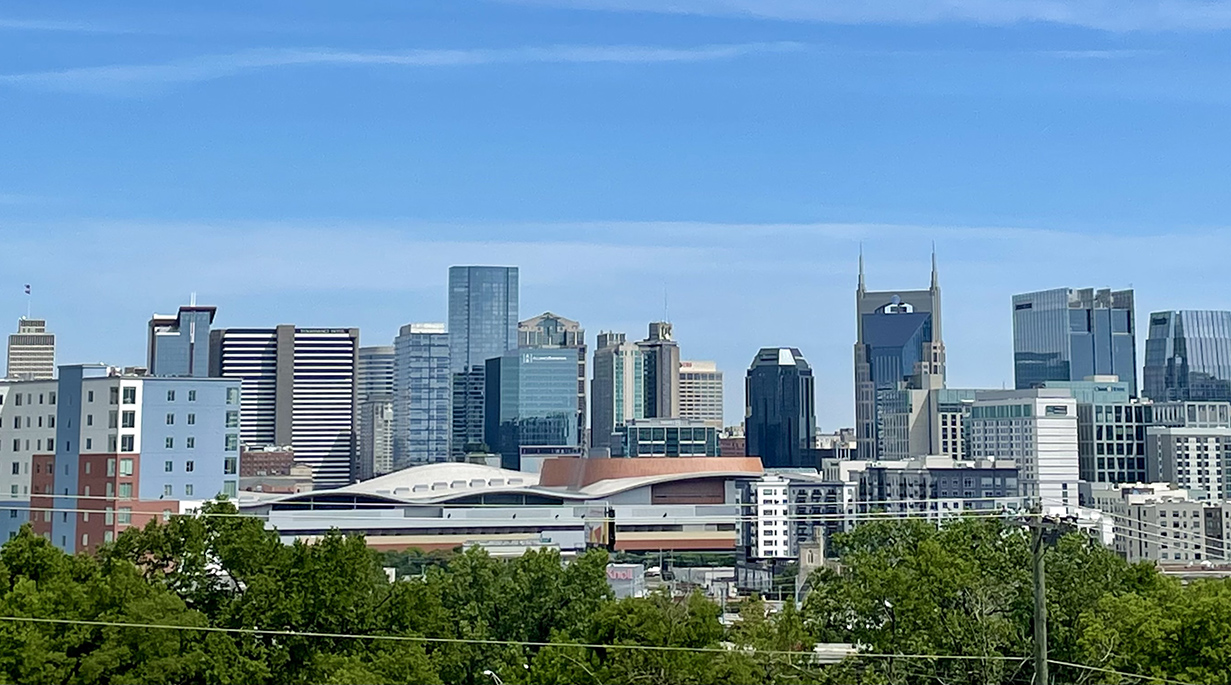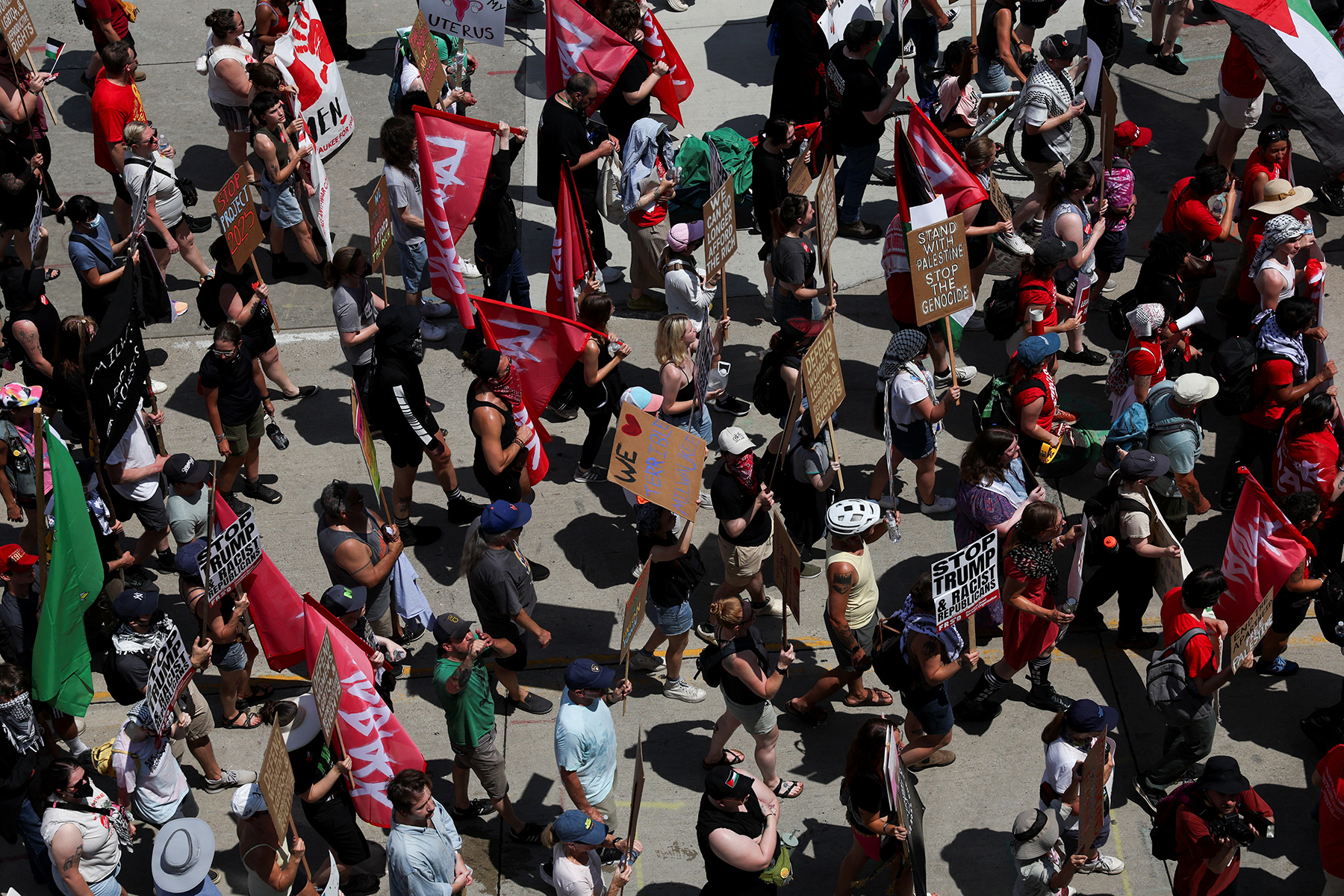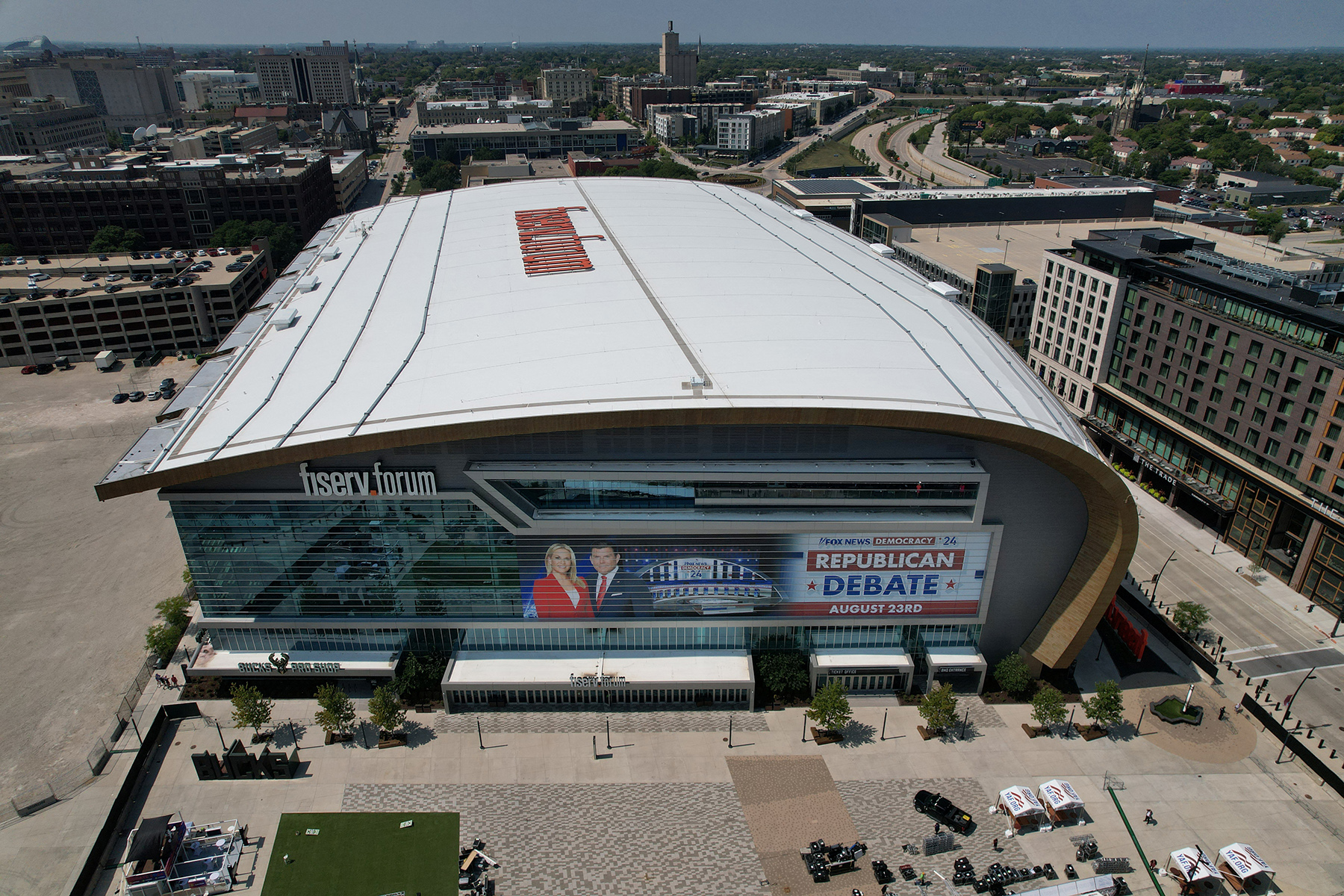A prominent Black Lives Matter activist, DeRay Mckesson, might go on trial for injuries sustained by a police officer during a protest in Baton Rouge, Louisiana even though he wasn’t present when the injury was sustained.
Mckesson attended a Black Lives Matter protest on July 9, 2016, following the death of Alton Sterling who was shot and killed by two police officers. During the demonstration, Mckesson and the protesters walked onto a highway in an act of civil disobedience, blocking the public roadway in violation of a Louisiana statute. The act prompted the police to intervene, at which point an unknown protester, on his or her own accord, threw a hard object at a police officer, severely injuring him.
In November 2016, Officer Doe filed a complaint in the U.S. District Court in the Middle District of Louisiana, arguing that although McKesson didn’t directly cause the injury, he “knew or should have know[n]” that violence would result. In September 2017, a federal district court judge dismissed the case, in part, because the First Amendment restricts “the ability of a tort plaintiff to recover damages from an individual solely because of his association with another.”
In layman’s terms, Officer Doe failed to provide details that proved a clear connection between Mckesson’s public speech and the unknown protestor’s illegal actions.
On April 24, 2019, three federal judges of the United States Court of Appeals for the Fifth Circuit reversed the district court’s ruling and ordered the lawsuit to proceed. The panel reasoned that McKesson could conceivably be held liable for negligence—the failure to exercise reasonable care under the circumstances—in causing the officer’s injury. Since blocking a highway is illegal, the appeals court said, it was foreseeable that police would intervene. “Mckesson should have known that leading the demonstrators onto a busy highway was most nearly certain to provoke a confrontation between police and the mass of demonstrators, yet he ignored the foreseeable danger to officers, bystanders, and demonstrators, and notwithstanding, did so anyway,” the panel wrote. “By ignoring the foreseeable risk of violence that his actions created, Mckesson failed to exercise reasonable care in conducting his demonstration.”
In June, Mckesson filed a petition to have the case reheard by the full Fifth Circuit, claiming that the First Amendment shields him from liability. Indeed, prior Supreme Court decisions have protected speakers from liability for illegal action that was not the result of their own direct advocacy.
In Brandenburg v. Ohio, the Supreme Court ruled in 1969 that a speaker could be held liable for advocating law violations only on proof that his advocacy was “directed to inciting or producing imminent lawless action and is likely to incite or produce such action.” The decision required words of direct incitement, which the lower court said was not the case with Mckesson, whose speech “does not advocate—or even make any reference to—violence of any kind.”
Another landmark case, NAACP v. Claiborne Hardware Company, involved a lawsuit by merchants who suffered damage to their businesses as a result of a civil rights boycott in which there were some acts of violence. The Court ruled in 1982 that the NAACP could not be held liable for the damages. “Civil liability,” the Court said, “may not be imposed merely because an individual belonged to a group, some members of which committed acts of violence.” To find liability, it was necessary that the group had unlawful goals and that the individual “held a specific intent to further those illegal aims.” The Court once again emphasized that the actor’s speech must be “likely to incite lawless action” and “within a reasonable period.”
Taking these precedents into consideration, the Fifth Circuit’s decision has surprised a number of First Amendment scholars, many of whom cited the chilling effect of imposing liability on mere association with a protest that becomes violent. If organizers of protests were liable for injuries caused by any of perhaps thousands of participants acting on their own, it would be a significant deterrent to constitutionally-protected demonstrations.
In an interview with Vice News, McKesson expressed a similar concern: “That [any protest leader] could be held civilly negligent for the actions that just ensued in the middle of a protest… the ramifications are wild.”
On August 8, 2019, the U.S. Court of Appeals for the Fifth Circuit filed a new ruling that addressed Mckesson’s June petition. The updated ruling maintained the case could not be dismissed on First Amendment grounds because the Claiborne Harware decision does not “insulate the petitioner from liability for his own negligent conduct simply because he, and those he associated with, also intended to communicate a message.” The case was sent back to the federal district court where it can proceed.
This story has an update.
The Atlantic Vice News Fifth Circuit Ruling
Tags



